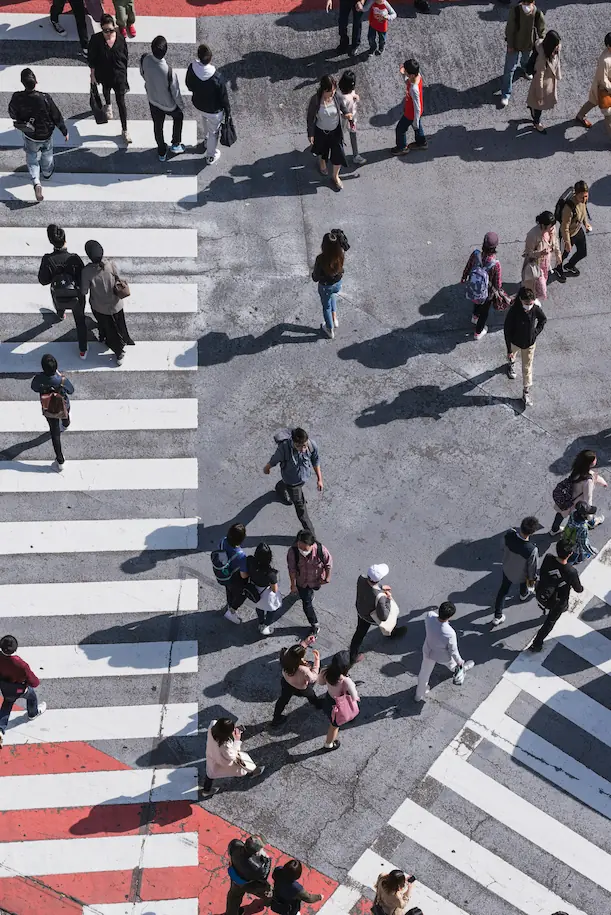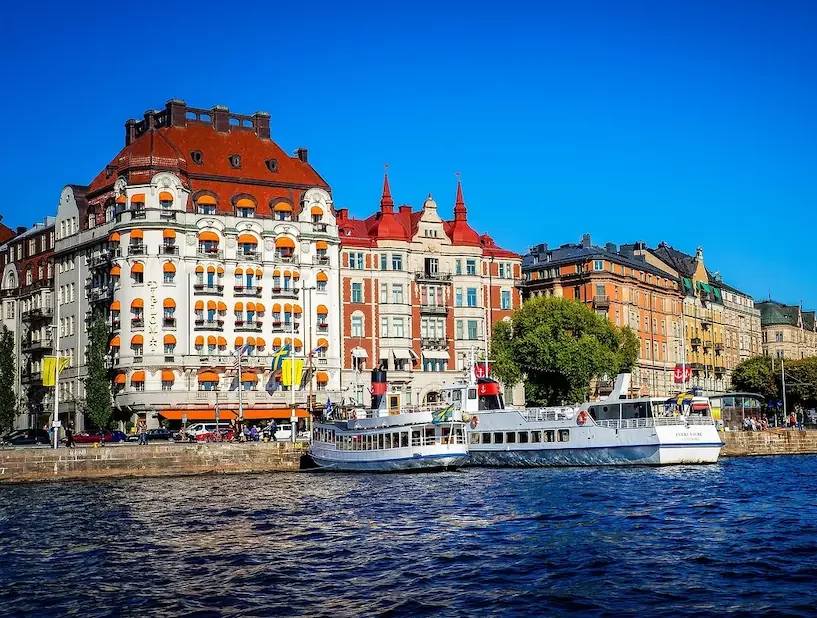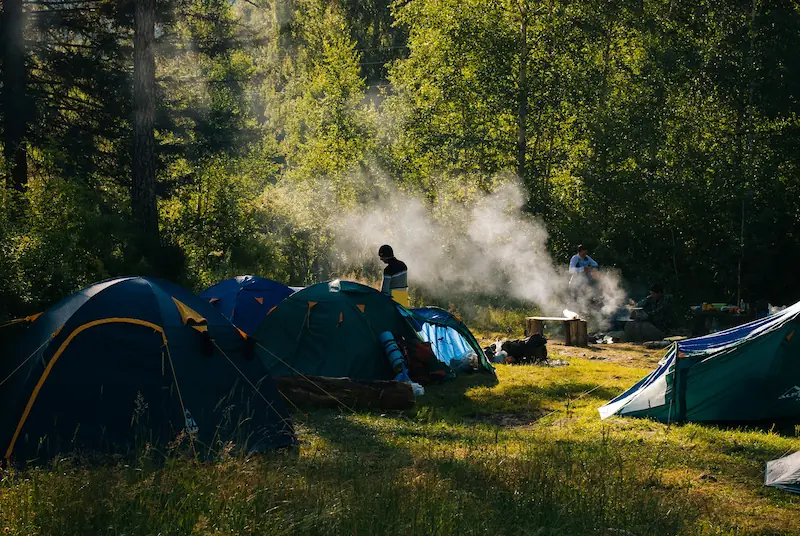Changing visitor patterns in big cities
A clear trend is that the development differs between the big cities and the rest of the country. In the big cities, hotel demand is slightly below pre-pandemic levels, while demand in the rest of the country has increased by as much as 10 per cent. This pattern reflects a change in how people travel and what they prefer.
The importance of the Nordic market
Another notable trend is the large increase in Nordic guests, especially from Denmark. In Malmö, the number of guest nights from Nordic countries has increased by as much as 57 per cent in the first four months of 2024 compared to the same period in 2019. Gothenburg has also seen a clear increase in Nordic visitors and the city is also characterised by strong growth in guests from outside Europe.
The new reality of business travelling
A clear pattern is visible in business travel. Conference overnight stays have fallen by 12 per cent compared to last year. This reflects a change in the way companies choose to organise meetings and conferences. During the pandemic, many companies were forced to adapt to digital meetings and less travelling and this pattern has continued even after the pandemic.
Economic factors and market resilience
Despite challenging economic conditions with high inflation and sharp interest rate increases, the hotel industry has shown remarkable resilience. Overall demand has remained relatively stable, which is surprising given the financial strains many households are experiencing. With inflation at its highest level in more than 20 years, there was an expectation of reduced travel among individuals. Although travel fell by a few per cent in the first four months of 2024 compared with the first four months of 2023, private travel has increased by 16% compared with 2019, when inflation was much lower.
Outlook and projections
There are signs that the recession has bottomed out. The forecast for the hotel market is cautiously optimistic, with demand for hotel rooms expected to increase by 1-2% over the next 12 months. This development is fuelled by an expected recovery in real wages, lower inflation, lower interest rates and a gradual improvement in the Swedish economy in 2024 and 2025.
Regional diversity and new opportunities
The geographical distribution of tourists shows clear patterns. Major cities are still recovering from the effects of the pandemic, while other regions have found new opportunities to grow. This contributes to a more diversified and potentially more resilient tourism industry.
Strategies to meet the hotel market of the future
To meet the changing conditions and maximise the competitiveness of hotels, there are several strategies to consider. Analysing the mix of guests and adapting offers to the needs of both Swedish and international tourists is crucial. A clear trend is the increasing share of Nordic visitors. This creates opportunities for hotels to strengthen their attractiveness through customised packages, targeted marketing efforts and flexible booking options.
Business travel is changing with digitalisation, requiring a re-evaluation of conference and meeting services. By offering hybrid meetings, modern coworking spaces and flexible digital solutions, hotels can maintain a stable business travel market. At the same time, sustainability is becoming an increasingly important factor and investing in climate-smart solutions, energy efficiency and environmental certifications strengthens both the brand and long-term profitability.
Flexibility, innovation and responsiveness to customers' changing preferences are key factors to successfully navigate the hotel market of the future.
An efficient booking system is essential for hotels that want to optimise their occupancy and improve the customer experience. By using a modern and flexible solution, hotels can simplify the management of bookings, increase direct sales and create a smoother guest experience.
Guests today have higher expectations. Let us show you how we can take your business to the next level.
Conclusions - the near future of the sector
The Swedish hotel industry is facing a time of adaptation and evolution. The increasing share of Nordic tourists and changing business travel habits require both flexibility and innovation. At the same time, the industry is showing strength by remaining stable despite economic challenges.
To continue to develop, hotels need to adapt to the changing needs of both Swedish and international guests while maintaining the high level of service that the Swedish hospitality industry is known for. With the right strategies and the ability to change, there are good opportunities to build on the positive trends that are now beginning to take shape.







